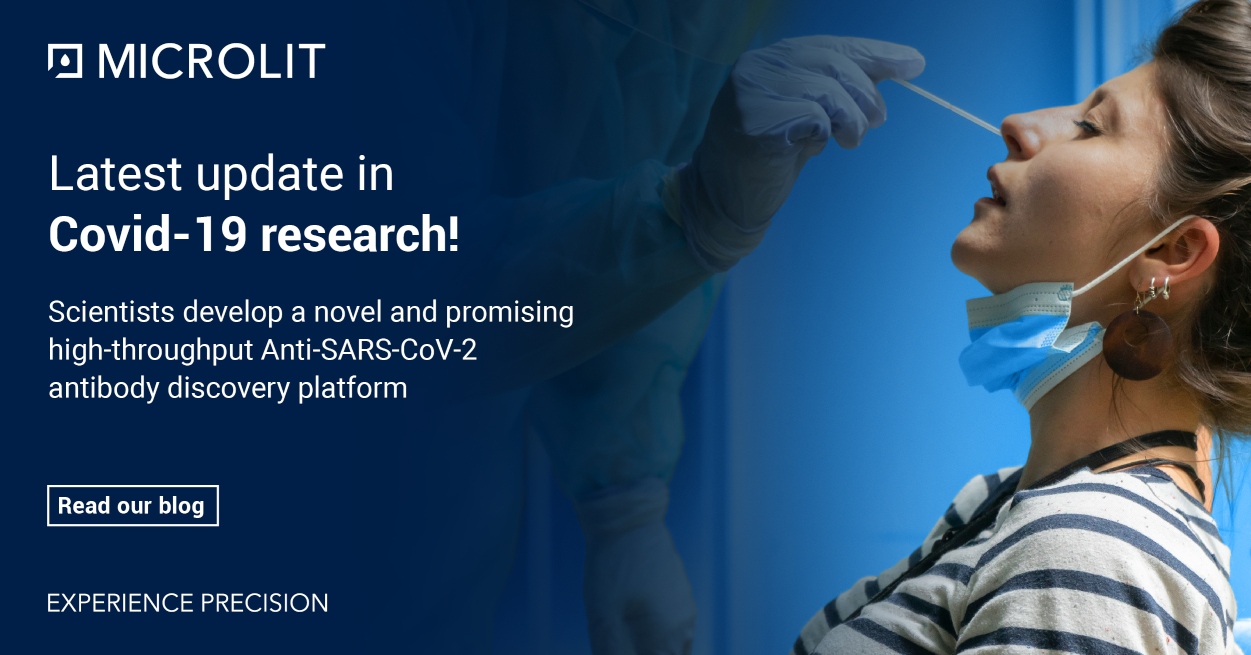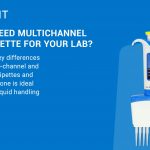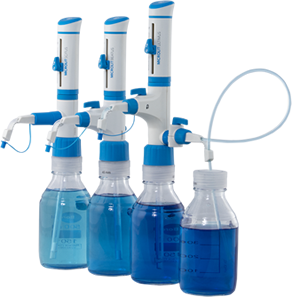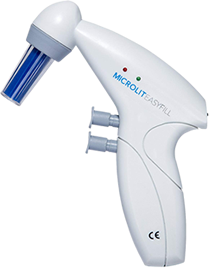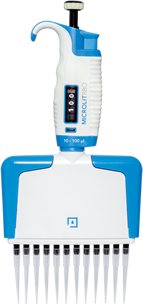Recently, scientists of the Northwestern University, US have developed an automated and high-throughput screening platform that can rapidly identify anti-severe acute respiratory syndrome coronavirus 2 (SARS-CoV-2) antibodies. The currently available antibody discovery platforms are not very efficient, and involve a series of time and labor-intensive processes, such as cloning, cell transfection, binding assessment, transfection and protein purification. In the past, this has led to a significant delay in the overall process turnaround times in the antibody screening process.
The novel antibody discovery platform is a combination of cell-free protein synthesis and high-throughput protein-protein interaction screening for an easy and rapid identification of antibodies. The study is currently available on the bioRxiv* preprint server.
Context
Patients suffering from severe coronavirus disease 2019 (COVID-19) have been treated with therapeutic monoclonal antibodies in the past, which have proved to be highly efficacious in fighting the disease. This is also linked to using COVID-19 vaccines, which help in generating antibodies that have shown to be highly promising in prevention of SARS-CoV-2 infection. In addition to their therapeutic use, these antibodies are being used extensively for rapid detection of viral antigens in a wide range of immunoassays.
Currently, screening platforms being used to identify antigen-specific antibodies work on the principle of directed evolution or use isolated single B-cell clones, which are extracted from individuals who have recovered from COVID-19. This process is very cumbersome and time-intensive as it requires a series of steps, such as cloning, cell-transfection, protein expression and purification, as well as binding assessment. The overall time taken by these assays can range from one week to one month. Additionally, this technique is not very effective for identification of SARS-CoV-2 potent antibodies.
On the other hand, the new platform is an automated, cell-free screening antibody discovery assay that uses high-throughput protein-protein interaction screening technique along with cell-free protein synthesis. The major steps involved in this high-throughput screening platform include:
1) Cell-free DNA assembly and amplification
2) Cell-free protein synthesis
3) An amplified luminescent proximity homogeneous linked immunosorbent assay
4) An automated workflow using robotic and acoustic liquid handling
The study was done using a cell-free protein synthesis system, which has the ability to directly produce antibodies from linear DNA templates. The study used a versatile approach that allows for rapid construction of DNA templates without any need of cell culture. This enables assembly and amplification of DNA in less than 3 hours. Further, this assay is able to quickly characterize protein-protein interaction without the need of any protein purification process.
And, the best part is that it takes only around 24 hours to complete the process and characterize several antigen-specific binding antibodies.
The new high-throughput screening technique uses cell-free protein synthesis reactions to directly characterize protein-protein interactions. Furthermore, the technique works by non-covalently immobilizing proteins of interest on donor and acceptor beads. This generates a chemiluminescent signal upon interaction. Additionally, the platform can not only be used to characterize direct antibody-antigen binding, but competitive binding for specific epitopes as well.
Scientists have analyzed five commercially available antibodies with the platform, which has shown that this system is able to assess the ability of antibodies to compete with human angiotensin-converting enzyme 2 (ACE2) for binding with spike receptor-binding domain (RBD) of SARS-CoV-2. In addition, testing with heavy and light chains of the antigen-binding fragment has demonstrated that the assay is extremely consistent in predicting antibody assembly.
Scientists have used this platform to perform a test on 120 SARS-CoV-2 targeting, previously identified antibodies for functional validation. The antibodies were chosen on the basis of availability of sequence, structural, SARS-CoV-2 neutralization and binding information. In order to evaluate the binding capacity of antibody candidates generated using cell-free platform, an amplified luminescent proximity homogeneous linked immunosorbent assay was used.
Key Takeaways
- The basis of the study is the development and validation of a high-throughput, automated antibody discovery screening platform. The platform uses cell-free expression and screening techniques.
- The major benefits of the platform is its high-throughput and a quick turnaround time. For instance, one can characterize a panel of over 120 antibodies in the span of 24 hours.
- One of the other advantages is the platform’s ability to direct profile synthesized antibodies using cell-free extracts. This eliminates the requirement for protein purification procedures, which is usually considered as the limiting step in the antibody screening process.
- This high-throughput platform can prove to be useful for quick and easy identification of potent antibodies, which can be used for therapeutic, diagnostic and other research purposes.
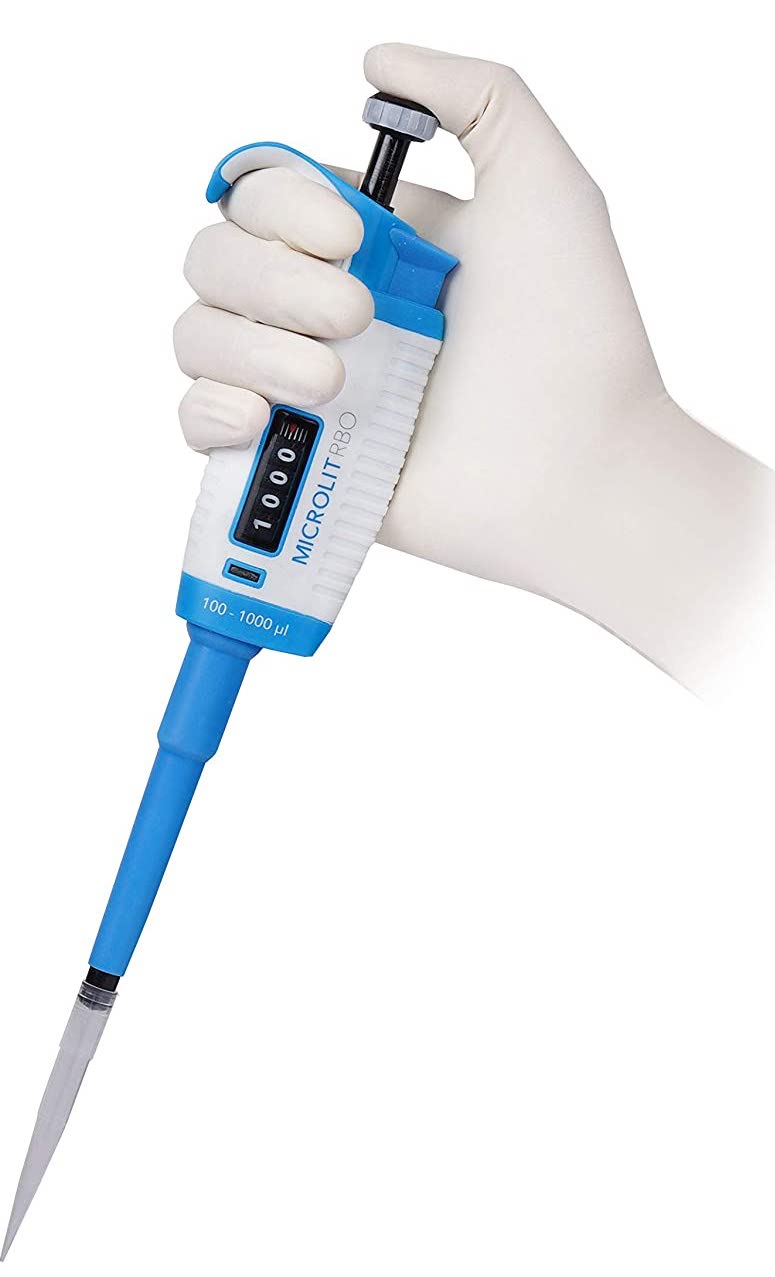





 5984
5984